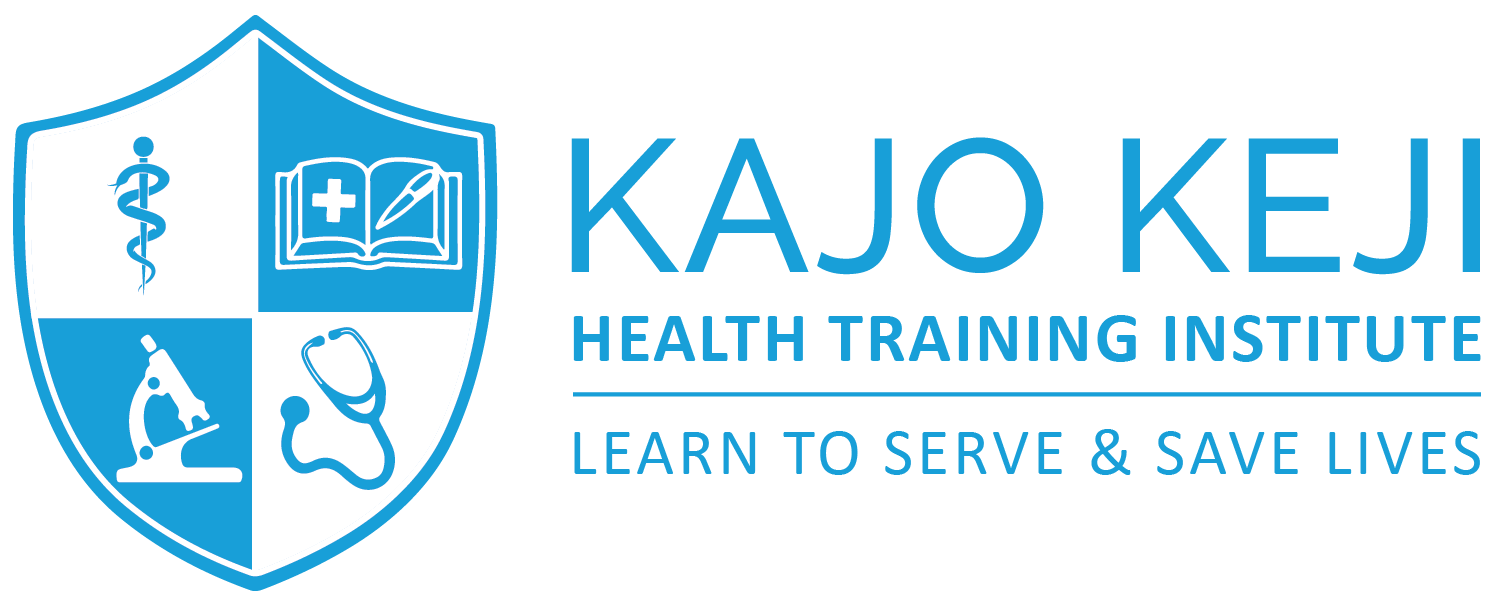
What we do and why we do it
The Republic of South Sudan has one of the most severe shortages of health workers in the world
The World Health Organization recommends 45 health workers per 10,000 people.
In South Sudan there are 1 nurses/midwifes and 0.3 medical officers per 10,000 people (WHO, 2015).
Millions of South Sudanese suffer from preventable illnesses such as diarrhea, malnutrition, cholera, measles, and malaria, as well as untreated non-communicable diseases. Tuberculosis prevalence is high and HIV/AIDS is on the rise.
As a result of the lack of access to health care, many of these preventable, treatable illnesses lead to dire situations:
The under-five infant mortality rate is 135.3 per 1,000 (less than 10% of births in South Sudan are assisted by a skilled professional)
Maternal mortality is one of the highest in the world at 2,054 per 100,000 live births.

Maternal mortality in the United Kingdom:
9
per 100,000 live births
Maternal mortality in
South Sudan:
2,054
per 100,000 live births
Kajo Keji Health Training Institute was created to address these massive health challenges
Trained KKHTI student + Grant funding + Community engagement
=
Improved health care for South Sudanese
We engage in the following activities:
Training
Kajo Keji Health Training Institute trains students in a three year tailored medical education. The comprehensive curriculum prepares clinical officers and medical laboratory technologists to serve and save lives.
We welcome students from across the country who are ready to begin their careers in the medical field. Our unique cost sharing and cost recovery fee makes it affordable for students and is 25% less than other programs. KKHTI students regularly perform at the top of country-wide exams.
220
health professionals graduated
528
students since inception
271
students currently enrolled
95%+
South Sudan National Health Professional Examination pass rate every year
Prevention and Treatment of Patients
KKHTI provides preventative care to communities and individuals. On average we treat 30,000 facility patients through our hospital attachments annually in West Nile Region, Uganda. We focus on the greatest areas of need, in particular, maternal and child care, where we give treatment and education to both mother and child. KKHTI has worked with over 5000 mothers.
Community-Based Health Education and Services
KKHTI conducts outreach programs to communities and schools. We offer education on communicable diseases prevention, hygiene and sanitation, reaching most refugee primary schools, refugee secondary schools and host community schools in West Nile Region of Uganda.
Additionally, we conduct health promotion through radio.
We are now also working with local refugee camps to provide necessary medical treatment and education to the thousands of displaced South Sudanese in northern Uganda. We work closely with OPM, UNHCR and other refugee agencies to ensure we are giving our skills and time to the biggest medical needs in these camps.
Since 2014, 640,000+ individuals have been reached with health promotion services.
Offer Consultancy and Participate in Health Policy Formulation
KKHTI has conducted Seven health consultancy trainings for health workers in South Sudan.
KKHTI is consistently involved in the development of the national curriculum for health workers and other general health policy matters.















